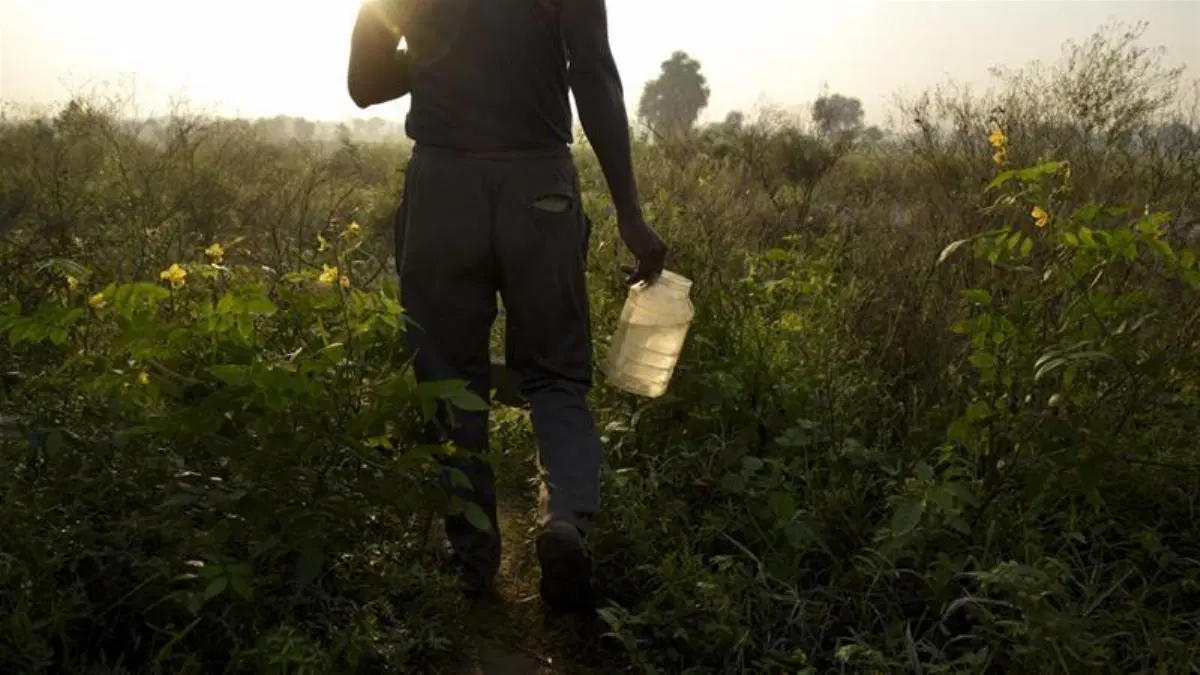A recent study conducted by Water Sanitation and Hygiene Natural Outcome Routine Mapping (WASHNORM) has found that 73% of residents in Abia State are consuming water contaminated with E. coli, a bacteria associated with fecal matter. The study also highlighted that 2% of the population still practices open defecation, contributing to the contamination of water sources.
The WASHNORM survey, a collaborative effort involving the Federal Ministry of Water Resources, the National Bureau of Statistics, and supported by UNICEF, the World Bank, and WHO, underscores the serious health risks posed by drinking contaminated water.
During a press briefing and seminar held in Enugu on Global Handwashing Day, organized by UNICEF and the Broadcasting Corporation of Abia, Mrs. Rebecca Gabriel, a UNICEF Water, Sanitation, and Hygiene (WASH) Specialist, expressed grave concern over the widespread water contamination and its implications for public health. She emphasized the critical importance of handwashing with soap and running water as a preventive measure against diseases.
Discussants at the event attributed the high level of water contamination in Abia to the small percentage of the population engaging in open defecation, which allows fecal matter to seep into water sources. Additional factors contributing to the pollution include poorly located boreholes that are often situated too close to soak-aways and toilets.
The WASHNORM survey revealed concerning statistics regarding access to basic handwashing facilities: only 35% of schools and 30% of healthcare facilities in Nigeria have these facilities, while access in public spaces, such as markets and motor parks, drops to just 8%. UNICEF estimates that a staggering 167 million people, or 83% of Nigeria’s population, lack access to basic handwashing amenities.
Mrs. Maureen Zubie-Okolo, UNICEF’s Officer in Charge of Planning and Monitoring, reiterated the importance of hand hygiene during the seminar. She stated, “UNICEF is committed to promoting hand hygiene among the communities we serve. We believe that by fostering a culture of handwashing, we can contribute to a healthier and safer world for all.”
In its commitment to improving public health, UNICEF continues to support national handwashing campaigns and incorporates hand hygiene practices into health, education, and nutrition programs across more than 90 countries. Collaborating with WHO, UNICEF also monitors handwashing behaviors in households, schools, and healthcare facilities worldwide.

